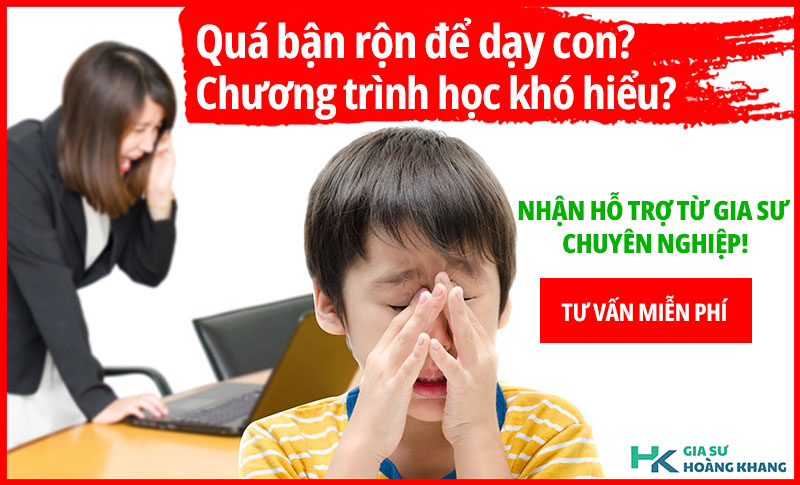I get a lot of letters at this time of year from many people who have a cold which won’t go away. There are many different stories about how to prevent or cure a cold. That’s why it is often difficult to know what to do. We know that colds are rarely “dangerous” except for weak people such as the elderly or young babies. These people are always uncomfortable and usually most unpleasant. Of course, you can buy a lot of medicines. They will help to make your cold less unpleasant. However, you must remember that nothing can actually cure a cold or make it go away faster. Any strong medicine used to make you feel better could be dangerous if you are already taking drugs for some other illness. Thus, check with your chemist or doctor to see whether they are all right for you. And remember they might make you sleepy. Please don’t try to drive if they do! Lastly, whatever you may be told about magic foods or drinks, the best answer is to keep yourself strong and healthy. You’ll have less chance of catching a cold. And if you do, it shouldn’t be so bad.
1. The writer of the passage wants ………………….
A. to write in an amusing way
B. to give general advice
C. to complain about his/her health
D. to persuade people to have more foods and drinks
2. Colds are ………………….
A. very dangerous B. not dangerous at all
C. unpleasant D. usually fatal
3. What is the key to avoid catching a cold?
A. having magic foods and drinks B. sleeping a lot
C. taking a lot of medicines D. keeping yourself strong and healthy
4. The underlined word “most” as used in the passage is closest in meaning to
A. very B. in the highest degree C. greatest D. absolutely
5. The writer of the passage is probably ………………….
A. a nurse B. a health care specialist C. a novelist D. a reporter


1. B. to give general advice
2. C unpleasant : không dễ chịu
These people are always uncomfortable and usually most unpleasant.
3. D. keeping yourself strong and healthy
Lastly, whatever you may be told about magic foods or drinks, the best answer is to keep yourself strong and healthy.
4. A very : rất
5. B. a health care specialist